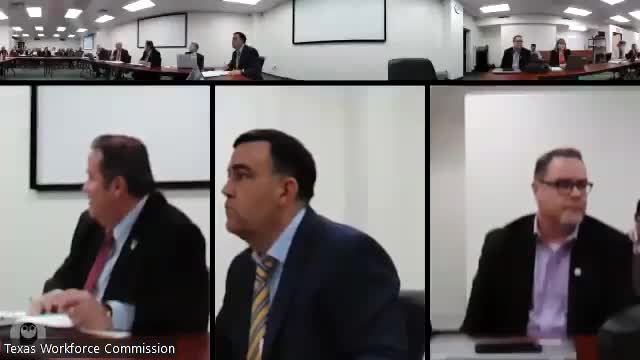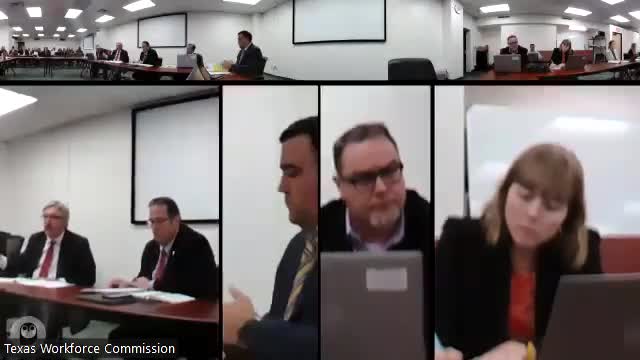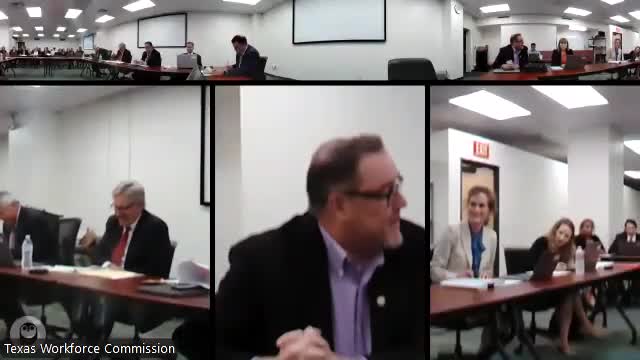Article not found
This article is no longer available. But don't worry—we've gathered other articles that discuss the same topic.

TWC discussion: combine STEM youth lines, collect outcomes data and speed program launches

TWC approves FY26 statewide initiatives, including pilots for emerging industries, rural workforce, childcare and internships

